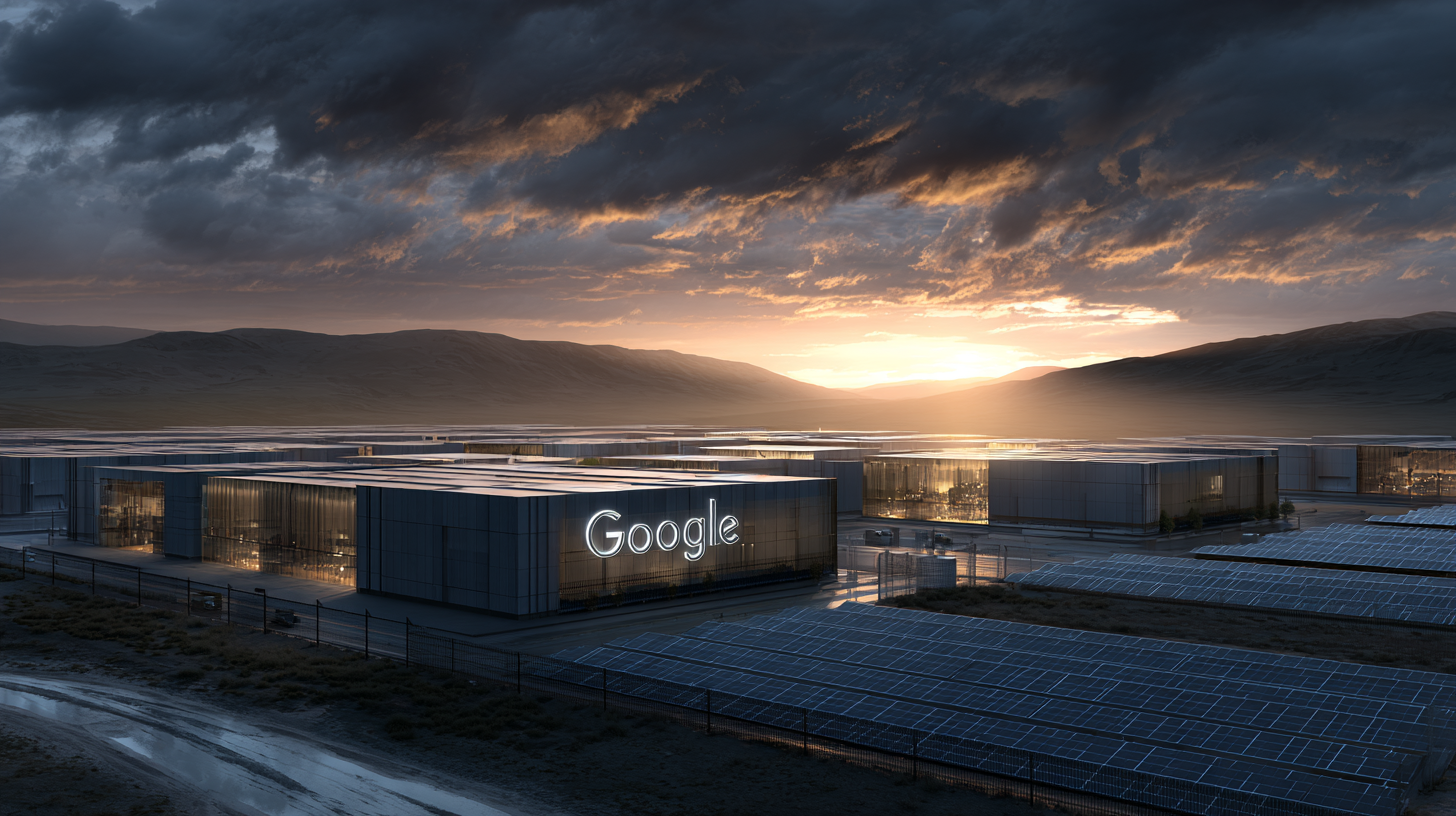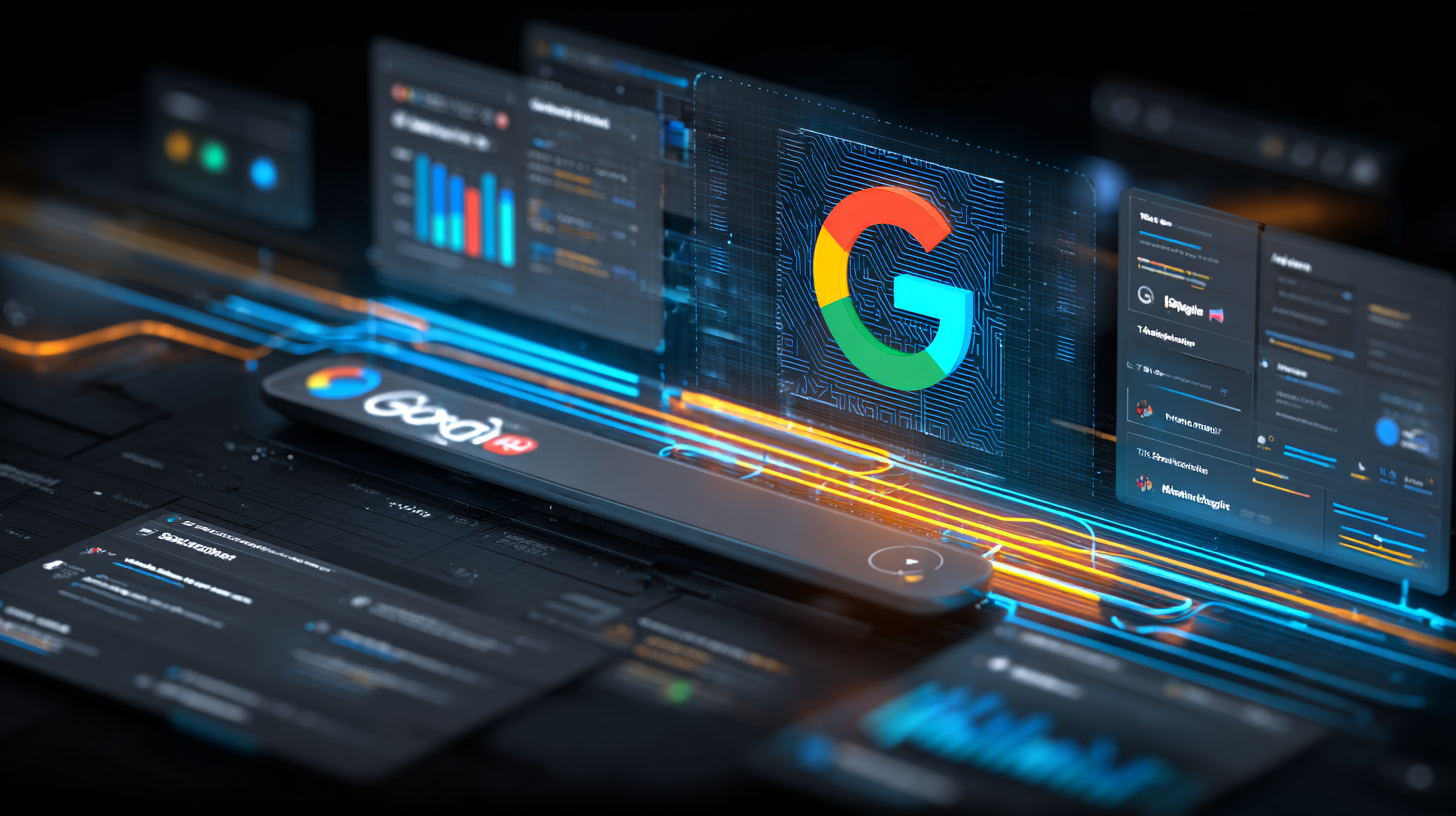Alphabet is making a decisive move to secure the energy backbone of its artificial intelligence ambitions. The Google parent announced it will acquire clean energy developer Intersect in a $4.75 billion cash deal, including assumed debt, underscoring how access to power has become a strategic priority in the global AI race.
The acquisition comes as Big Tech companies pour billions into expanding computing capacity to support generative AI models, cloud services, and data centers — all of which require enormous and reliable amounts of electricity. As U.S. power grids strain to keep pace with surging demand, technology firms are increasingly turning upstream, investing directly in energy generation rather than relying solely on utilities.
Intersect brings scale that few developers can match. The company has roughly $15 billion in assets that are either operating or under construction, with projects expected to deliver about 10.8 gigawatts of power by 2028. That capacity is more than twenty times the electricity generated by the Hoover Dam, highlighting the magnitude of energy now required to sustain AI-driven growth.
Under the agreement, Alphabet will acquire Intersect’s energy and data center projects that are currently under development or construction. These assets are designed to support large-scale computing infrastructure, aligning closely with Google’s expanding network of U.S. data centers. Intersect’s operations will remain separate from Alphabet, preserving operational independence while strategically supporting Google’s long-term power needs.
Notably, Intersect’s existing operating assets in Texas and its operating and in-development projects in California will not be included in the deal. Those assets will continue as an independent business backed by existing investors. Among them is Quantum, a clean energy storage system in Texas built directly alongside a Google data center campus — a model increasingly favored by hyperscalers seeking to pair computing facilities with on-site or adjacent power sources.
The deal builds on Alphabet’s broader push into energy partnerships. Earlier this month, NextEra Energy expanded its collaboration with Google Cloud to develop new energy supplies across the U.S. Together, these moves signal a shift in how tech giants approach infrastructure: energy security is no longer a background consideration, but a core component of competitive advantage.
For Alphabet, the acquisition also reinforces its commitment to clean energy. As AI workloads expand, the environmental footprint of data centers has drawn scrutiny from regulators and investors alike. By investing directly in renewable generation and energy storage, Alphabet aims to mitigate emissions while insulating itself from grid bottlenecks, price volatility, and regulatory risk.
Intersect will also explore emerging energy technologies to diversify supply, according to Alphabet, positioning the company to adapt as AI-driven electricity demand continues to grow. This forward-looking approach reflects a broader industry trend, where control over power generation is becoming just as critical as control over chips, data, and algorithms.
Ultimately, Alphabet’s purchase of Intersect highlights a defining reality of the AI era: the battle for intelligence is also a battle for energy. As demand accelerates, companies that can secure scalable, reliable, and clean power may hold a decisive edge in shaping the future of technology.









